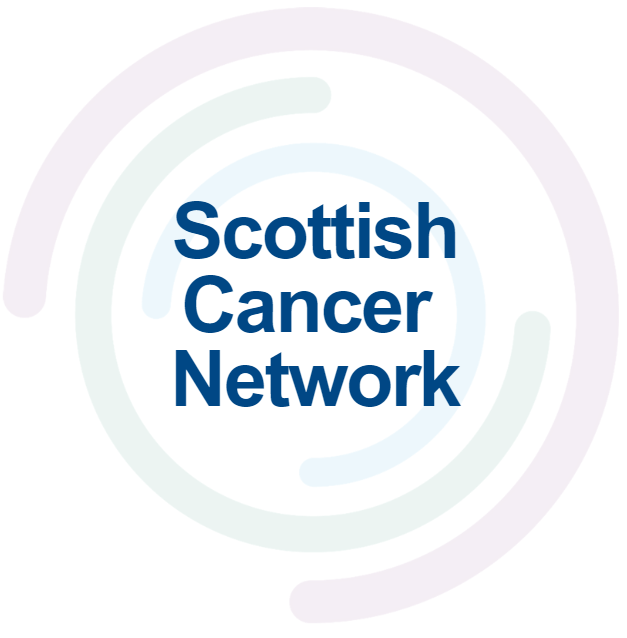Systemic Anti-Cancer Therapy (SACT)

This consensus document is not a rigid constraint on clinical practice, but a concept of good practice against which the needs of the individual patient should be considered. It therefore remains the responsibility of the individual clinician to interpret the application of this guidance, taking into account local service constraints and the needs and wishes of the patient. It is not intended that these consensus documents are applied as rigid clinical protocols.
The following pathways have been agreed as the preferred treatment pathway for the majority of patients. These are an indicative guide of current treatment practice as agreed by clinicians across Scotland.
These pathways are not comprehensive treatment protocols, clinicians should refer to local or regional SACT protocols for full details on inclusion criteria, dosing and administration recommendations. Links are included to regional or local protocol databases where available.
Where SMC or NCMAG advice is in place and remains current, a link has been provided to the relevant advice.
Whilst some standard alternative treatments have been incorporated where appropriate, the pathways do not take all individual patient factors into account and may not be appropriate for all patients.
Occasionally, where there is an existing gap or unmet need in a particular patient group, the pathway may highlight or identify a potential alternative treatment option that is not routinely available for use. This acknowledgement is not a recommendation, nor does it override local or regional processes for individual treatment requests.
Clinicians should continue to discuss and agree with patients the most appropriate treatment choice for them. All SACT and supportive therapy should be prescribed in line with local and regional governance processes.
| Author | Pete Hall and Judy Fraser (on behalf of SACT subgroup) | Reviewer | Frances Yuille |
| Last review | 20/09/2023 | Version number | 1.0 |
| Review Date | 20/09/2026 | Contact | nss.scottishcancernetwork@nhs.scot |